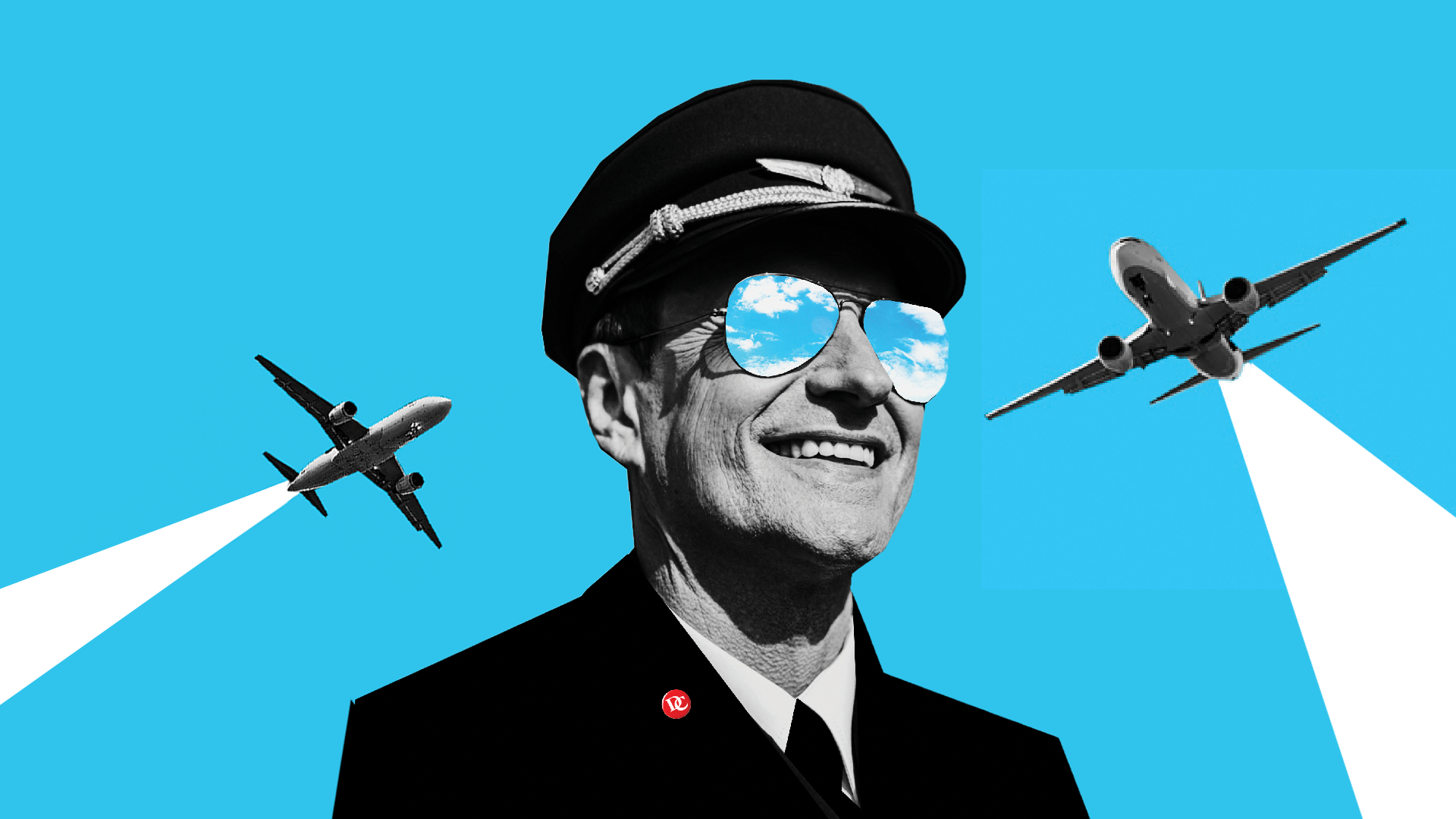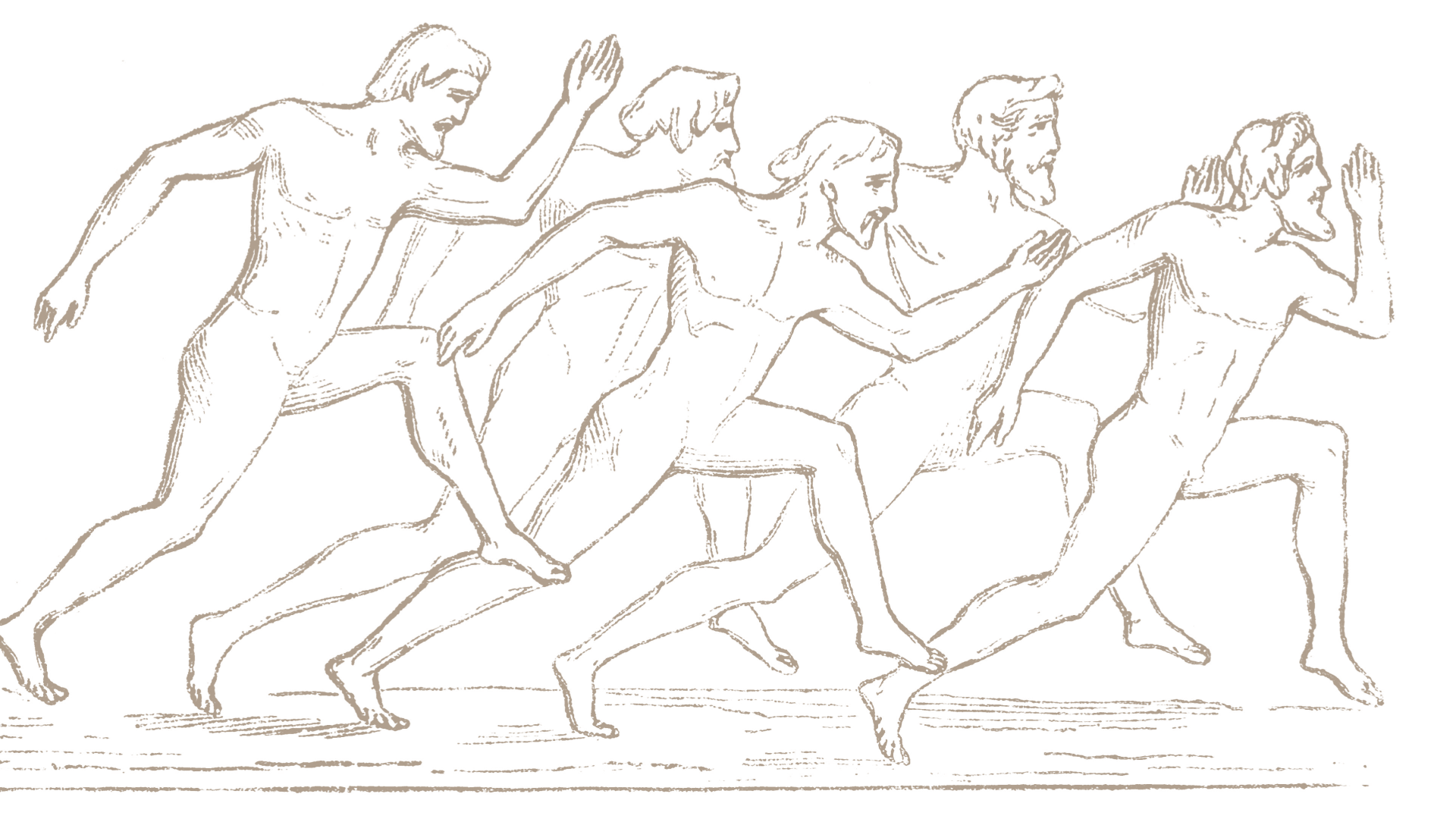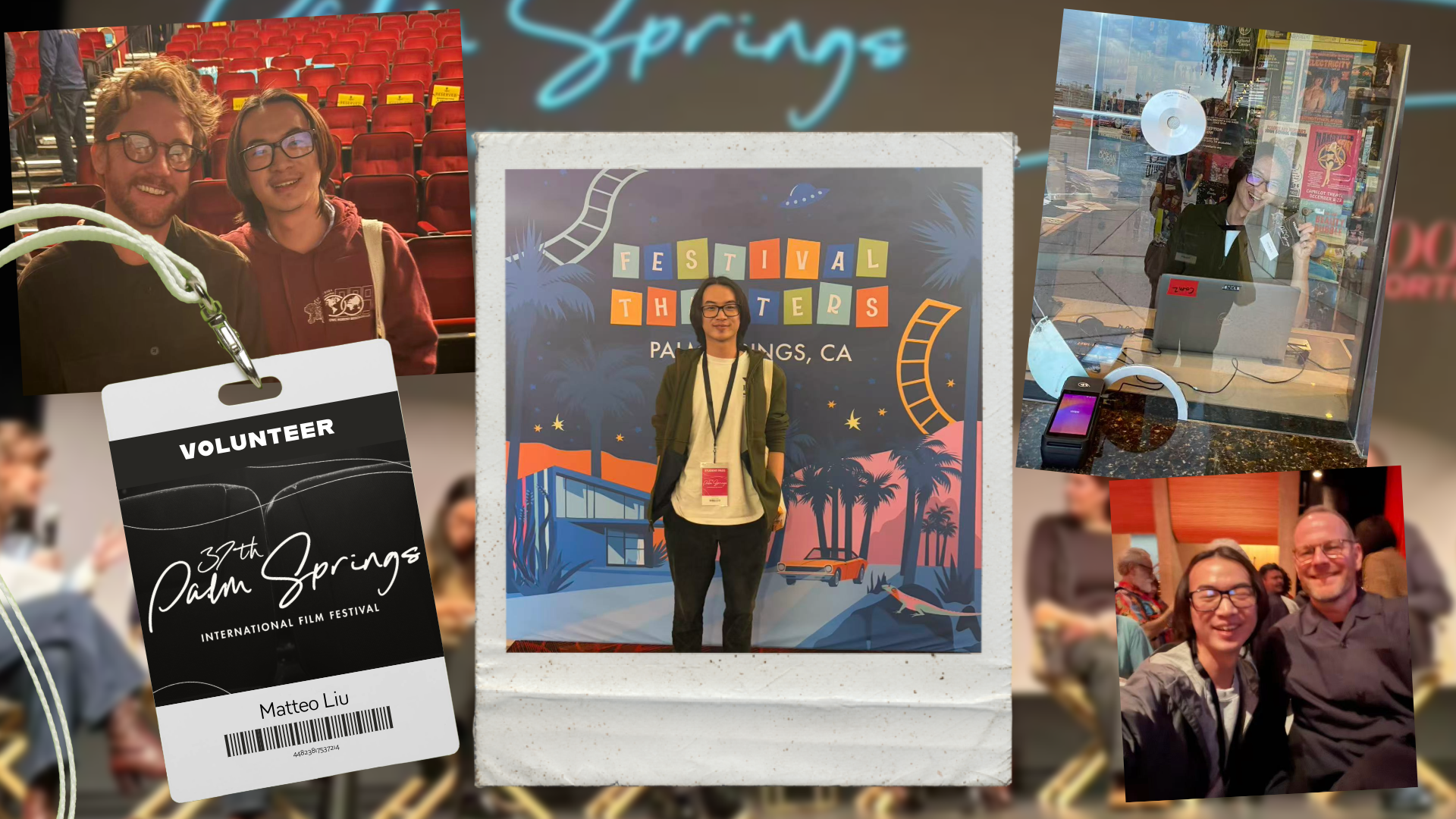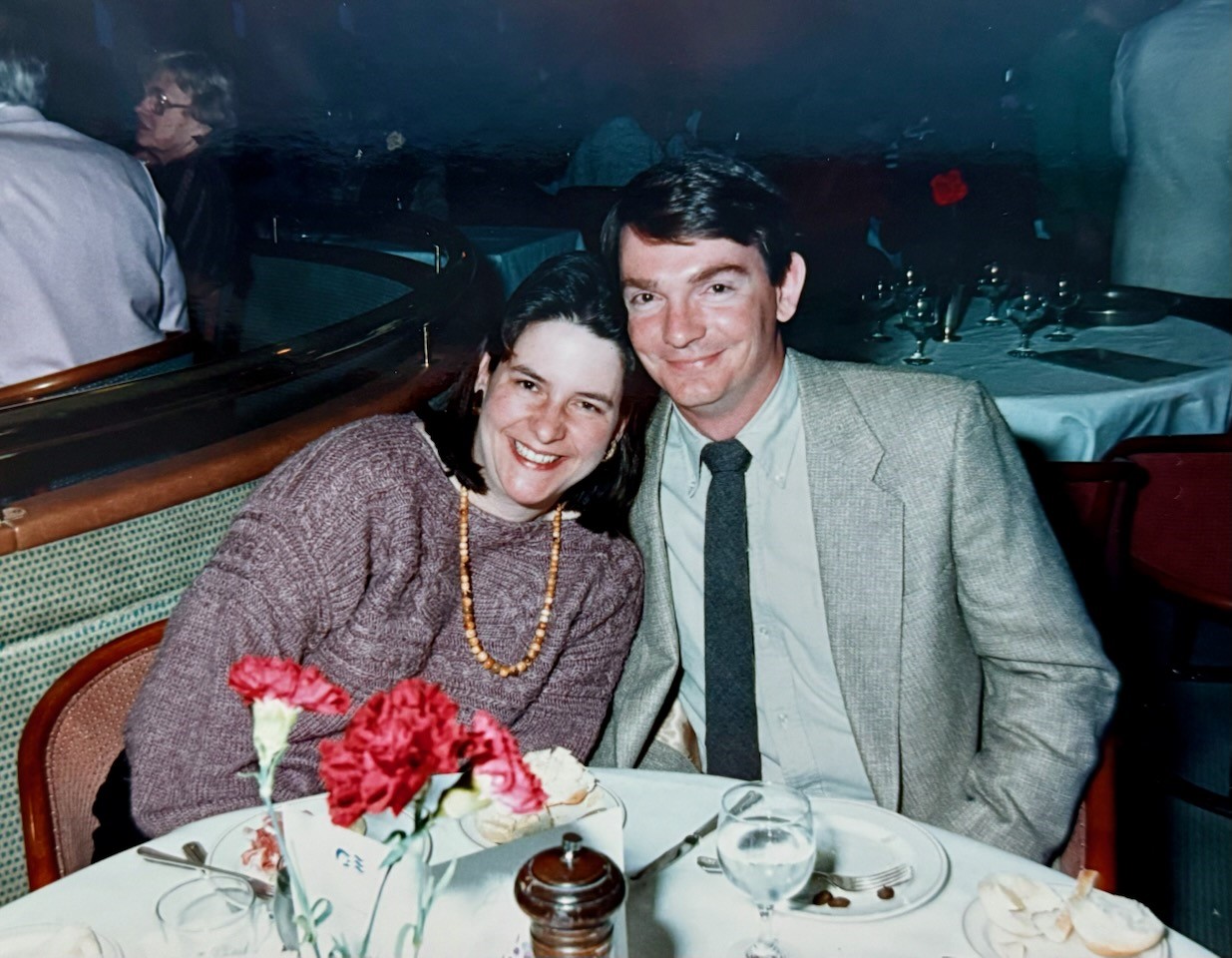Color Outside the Lines: Stephen Salyer ’72 Shares Lessons From Career That Reshaped Public Media
November 20, 2023
- Author
- Jay Pfeifer
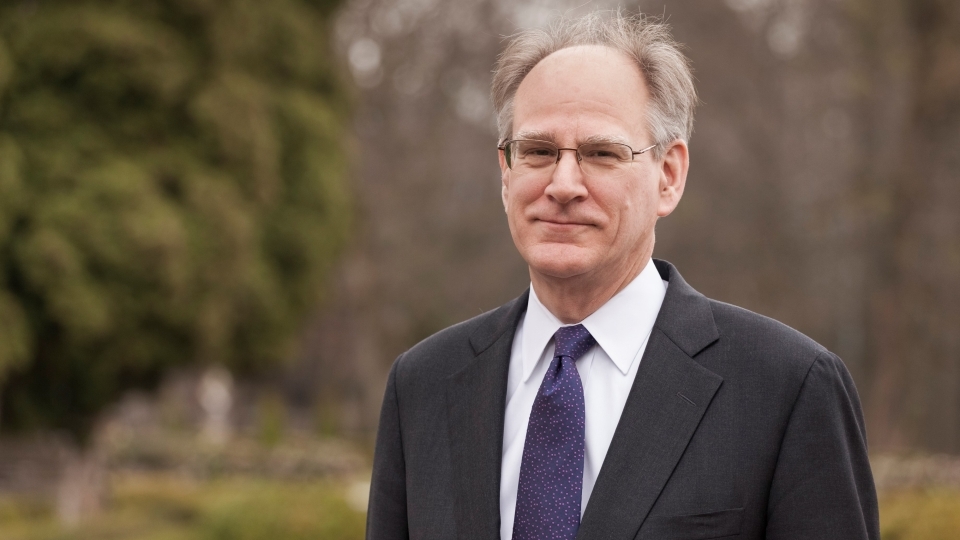
Stephen L. Salyer ’72 embraced serendipity in a career that included positions of influence in media, government and international affairs. (Picture: Salzburg Global Seminar)
When Stephen Salyer ’72 graduated from Davidson College, he carried with him the advice C. Shaw Smith ’39 gave him: “Color outside the lines.”
Since then, Salyer has made his mark in a career that spanned disciplines, taking him from the White House to Salzburg, Austria.
Last year, Salyer retired as the CEO of Salzburg Global Seminar, an international policy and leadership development center. Before then, he changed the face of public radio as president and CEO of Public Radio International, where he helped develop popular shows like “Marketplace” and “This American Life.” He also played a part in bringing “Thomas the Tank Engine” state-side when he led the PBS television network WNET/Thirteen. He served as a speechwriter for philanthropist John D. Rockefeller III and, in 1972, traveled the world as a Watson Fellow. In 1997, Davidson awarded Salyer the Distinguished Alumni Award.
Before all that though, at age 19, he was confirmed by the U.S. Senate as a member of the Presidential Commission on Population Growth and the American Future. At the time, he was the youngest person ever to receive a presidential appointment.
He was on campus in late October to deliver a Dean Rusk Lecture. During his visit, he sat down in the Jay Hurt Hub for Innovation and Entrepreneurship and chatted about how his time at Davidson College shaped the trajectory of his singular life.
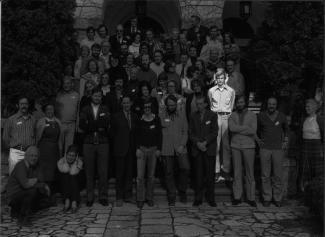
Stephen Salyer (highlighted) at the Salzburg Global Seminar as a Fellow in 1974 (Picture: Salzburg Global Seminar)
How did you get connected with the White House for the Presidential Commission?
In 1970, a couple of high-ranking people were very concerned about the subject of population. The country was growing very, very quickly and they felt like things were getting out of control. So, much to everybody’s surprise, President Nixon endorsed and created this presidential commission to develop population policy for the United States.
They put together a list of 24 people, and it was two senators, two representatives, a former head of the World Bank — all these very high-level people. They wanted to get some truly young people on the commission as well. A person I had gotten to know from some fund-raising I had done in Ohio just happened to be in the White House at that time and he recommended me.
There ended up being three students appointed to this commission: a law student from Stanford, a medical student from Emory and me. I was the only undergrad and I was a sophomore.
One day, I came back to my dorm room and there were a bunch of friends standing around the pay phone at the end of the hall. They had put a note on my dorm door saying, “Call the White House.”
Of course, I thought it was a joke.
I spent my junior and senior years going to Washington twice a month for meetings.
So how did you juggle this with college?
It was an amazing experience for me personally, but it also complemented the courses I was taking on economics and political science and even English. It was the glue that brought this whole thing together in an amazing way.
I was a member of the Honors College — which doesn’t exist any more — but it allowed you to create your own courses of study in your junior and senior years, so I just shaped everything around this commission.
The support I received here was phenomenal. I loved the freedom, but I needed guidance. And Economics Professor Bobby Avinger and some of the other faculty I worked with were just so great about giving me guidance while letting me shape it.
I'll never forget that Davidson and the people who became my friends and advisors and teachers made it possible for me to do this and to really tailor coursework so I could make the most of it.
How did you manage to go from policy to public media to the Salzburg Global Seminar?
People say, “Well, how did you go from this to that?,” and I wish it was a straight line.
But as Shaw Smith, who was the head of the college union when I was here, would say, his favorite word was ‘serendipity.’ And he would just say that sometimes something happens serendipitously that gives you an opening. Don't ask too many questions about it. Just run with it, don’t let them close it down.
And I’ve kind of tried to hang onto that notion of coloring outside the lines without doing things so far out that I’d get shut down.
